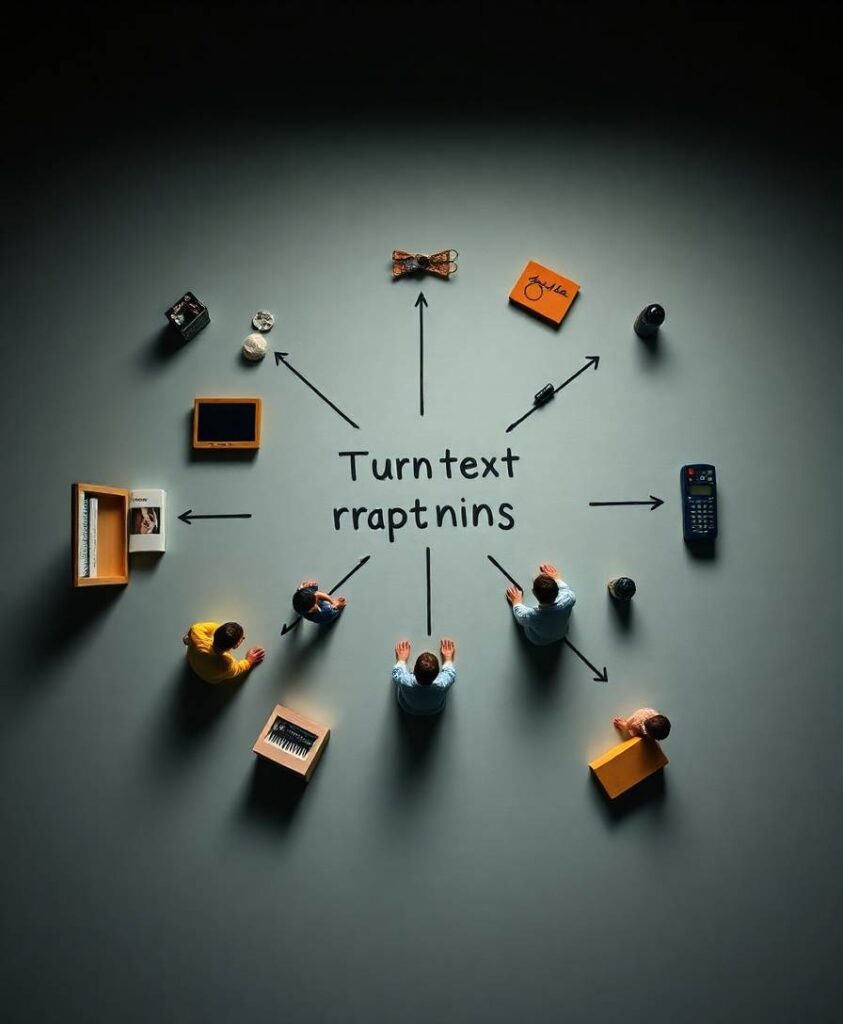Socially Situated Transmission: The Bias to Transmit Negative Information is Moderated by the Social Context
Abstract
Cultural evolutionary theory has identified a range of cognitive biases that guide human social learning. Naturalistic and experimental studies indicate transmission biases favoring negative and positive information. To address these conflicting findings, the present study takes a socially situated view of information transmission, which predicts that bias expression will depend on the social context. We report a large-scale experiment (N = 425) that manipulated the social context and examined its effect on the transmission of the positive and negative information contained in a narrative text. In each social context, information was progressively lost as it was transmitted from person to person, but negative information survived better than positive information, supporting a negative transmission bias. Importantly, the negative transmission bias was moderated by the social context: Higher social connectivity weakened the bias to transmit negative information, supporting a socially situated account of information transmission. Our findings indicate that our evolved cognitive preferences can be moderated by our social goals.
Li Wei is a Chinese-Canadian neuroscientist in Vancouver, studying brain plasticity and lifelong learning. He contributes articles on harnessing neurotechnology to expand human capabilities, drawing from his experiences in cross-cultural innovation hubs.

